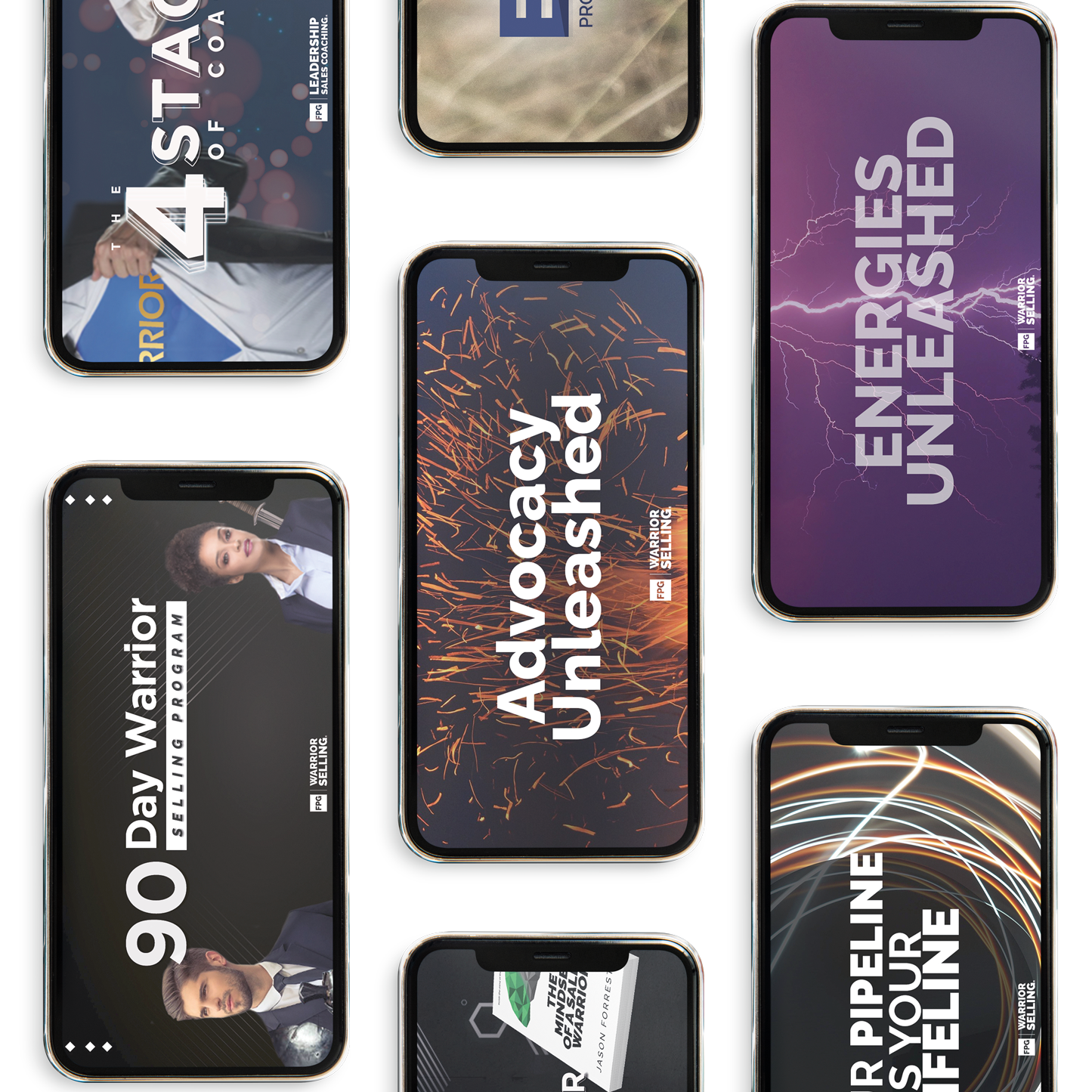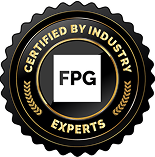In the world of sales, persuasion is the lifeblood of success. But too often, persuasion is misunderstood or, worse, misused in ways that feel manipulative. Ethical persuasion, however, is different. It’s about influencing with integrity—building trust, inspiring action, and guiding prospects to decisions that genuinely serve their best interests.
Sales professionals who master ethical persuasion don’t just close deals; they create long-term relationships, elevate their reputation, and achieve sustainable success. This article explores the principles of ethical persuasion, practical strategies for applying them, and real-world examples to help you refine your influence skills while maintaining the highest ethical standards.
The Foundation of Ethical Persuasion
At its core, ethical persuasion is about aligning your interests with those of your prospect. It involves understanding their needs, helping them see the value of your solution, and ensuring they make an informed decision that benefits them.
Unlike manipulation, which coerces or deceives, ethical persuasion is built on three pillars:
- Truth – Presenting honest information without exaggeration or omission.
- Empathy – Genuinely understanding and caring about your prospect’s needs.
- Respect – Giving prospects autonomy and allowing them to choose freely.
Why Ethical Persuasion Matters
Sales professionals who rely on manipulation might see short-term wins, but they lose trust, damage their reputation, and struggle with customer retention. Ethical persuasion, on the other hand, leads to repeat business, referrals, and a strong professional brand.
Take Apple, for example. When Steve Jobs introduced the iPhone, he didn’t use fear or deception. Instead, he painted a compelling vision of how it would improve people’s lives, focusing on the product’s benefits rather than pressuring customers into buying. That’s ethical persuasion at its finest.
Watch our FREE Webinar | The Secret to Closing Your Prospects When They Don’t Know What They’re Missing
The 6 Principles of Ethical Persuasion
Dr. Robert Cialdini, a leading expert on influence, identified six principles of persuasion. When applied ethically, these principles can help sales professionals guide prospects toward confident decisions.
1. Reciprocity – Give Before You Get
People naturally feel compelled to return favors. In sales, this means offering genuine value upfront.
Ethical Application:
- Provide valuable insights during the discovery process.
- Offer free resources, such as guides, assessments, or consultations.
- Share testimonials or case studies that educate rather than pressure.
Example: A homebuilder offering a free custom home design consultation helps prospects visualize their dream home before committing. This goodwill fosters trust and makes the prospect more likely to reciprocate by choosing them.
2. Commitment and Consistency – Align with Their Identity
People prefer to act in ways that align with their self-perception. Once someone takes a small step, they’re more likely to continue in that direction.
Ethical Application:
- Encourage micro-commitments, such as signing up for a newsletter or attending a webinar.
- Reinforce their identity by linking your solution to their values (e.g., “You mentioned that quality is important to you. That’s exactly why we…”).
- Follow up on initial interest with consistent messaging that reinforces their previous statements.
Example: If a prospect says they value energy efficiency in a new home, a sales professional can highlight eco-friendly features, reinforcing the prospect’s identity as an environmentally conscious buyer.
3. Social Proof – Show That Others Trust You
People look to others when making decisions, especially in uncertain situations.
Ethical Application:
- Share authentic success stories and customer testimonials.
- Provide case studies with measurable results.
- Use real data to support your claims.
Example: A mortgage lender showing how a first-time homebuyer successfully navigated financing makes prospects feel more confident in their decision.
4. Authority – Demonstrate Expertise and Credibility
Prospects trust those who demonstrate knowledge and experience.
Ethical Application:
- Share industry insights, market trends, and expert opinions.
- Be transparent about your experience and credentials.
- Use storytelling to showcase your expertise in solving similar problems.
Example: A sales consultant explaining complex financing options in simple, relatable terms positions themselves as a knowledgeable and trustworthy advisor rather than just a salesperson.
5. Liking – Build Genuine Relationships
People buy from those they know, like, and trust.
Ethical Application:
- Find common ground and build rapport authentically.
- Show genuine interest in the prospect’s needs and preferences.
- Use humor and warmth to create a comfortable buying experience.
Example: A real estate agent who takes the time to understand a family’s lifestyle, preferences, and future plans creates a connection that leads to trust and a sale.
6. Scarcity – Highlight Real Value, Not Fear
People value what is rare or limited, but using false urgency is manipulative.
Ethical Application:
- Be transparent about inventory or time-sensitive offers.
- Explain why a limited-time opportunity exists (e.g., a promotional rate expiring).
- Ensure that urgency aligns with the prospect’s best interests.
Example: A homebuilder explaining that only two lots remain in a highly desirable neighborhood provides genuine urgency without pressure.
Practical Strategies for Ethical Persuasion
1. Ask the Right Questions
Great sales professionals help prospects persuade themselves by asking thought-provoking questions.
Example Questions:
- “What would achieving this goal mean for you?” (Elicits emotional investment)
- “What concerns do you have about making this decision?” (Opens honest discussion)
- “How do you see this fitting into your long-term plans?” (Helps them visualize success)
2. Reframe Objections as Opportunities
Instead of countering objections aggressively, reframe them as chances to provide clarity and reassurance.
Example:
- Objection: “This is more expensive than I expected.”
- Response: “I understand. Many of our customers initially felt the same way, but once they saw the long-term value and cost savings, they felt confident in their decision.”
3. Use the “Worst Possible Outcome” Technique
Sometimes, showing prospects what they stand to lose by doing nothing can be powerful—as long as it’s based on truth.
Example: A sales professional selling energy-efficient windows might say:
“If you stick with your current windows, you’ll likely continue paying 30% more on energy bills every month. Many of our customers switched and saved hundreds per year. What’s your biggest concern about making the change?”
This approach makes the cost of inaction clear without fear-mongering.
4. Align with Their ‘Why’
People buy based on emotion, then justify with logic. Tie your solution to what matters most to them.
Example: If a couple wants a home where their kids can grow up safely, emphasize security features, community benefits, and long-term value—not just square footage and finishes.

Closing with Integrity
Closing should never feel like pushing—it should feel like guiding. Use a phrase that reinforces their decision, like:
“It sounds like this is exactly what you’re looking for. What do you feel is the next best step?”
This keeps the prospect in control while moving the conversation forward.
Mastering ethical persuasion isn’t just about selling more—it’s about selling better. By building trust, demonstrating value, and guiding prospects to informed decisions, you create long-term success.
Sales professionals who operate with integrity don’t just close deals—they open relationships. And that’s the true power of ethical persuasion.
So, how will you implement these principles in your next sales conversation?
At FPG We’ll Recruit, Coach, And Train Your Sales Team Like They’re Our Own
Gain a competitive edge with FPG’s expert solutions in Sales Recruiting, Sales Training, and Sales Management Training. Experience rigorous candidate screening, process-driven training that resonates, and transformative leadership that drives significant revenue increases. Give yourself an advantage and start your journey to higher sales and unparalleled success with FPG. Reach out to us today!
Ready to revolutionize your sales team?
Elevate your recruitment, training, and leadership with our expert guidance. Say goodbye to stagnant sales and hello to unprecedented success! Book a Meeting today and take the first step towards dominating your market!











